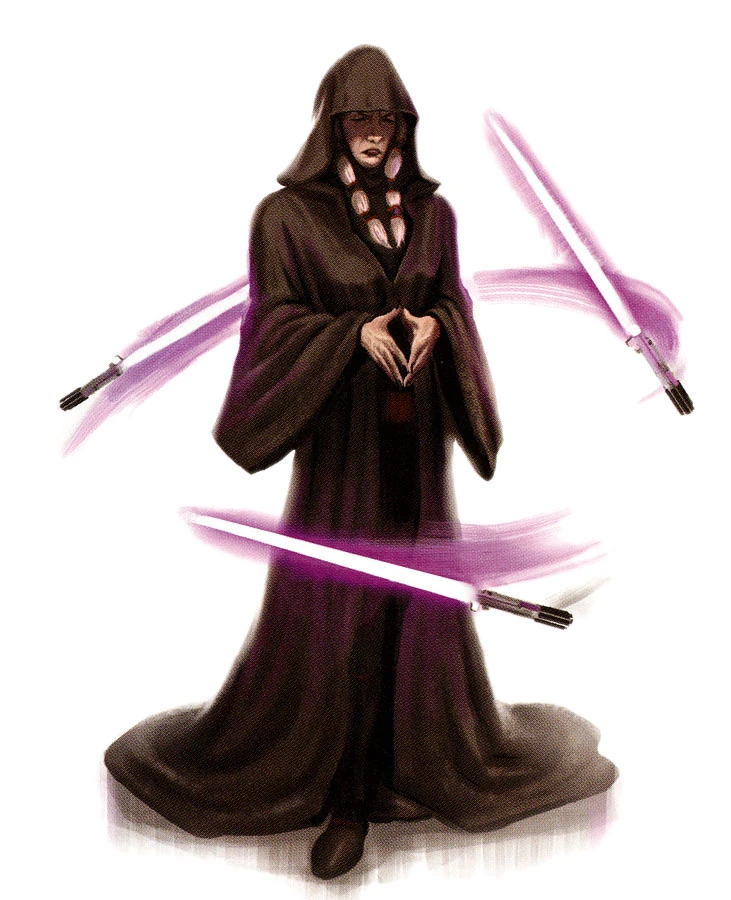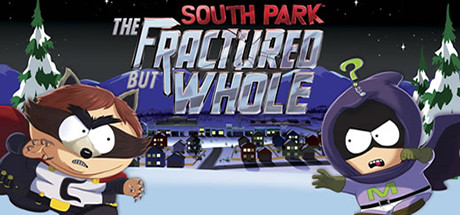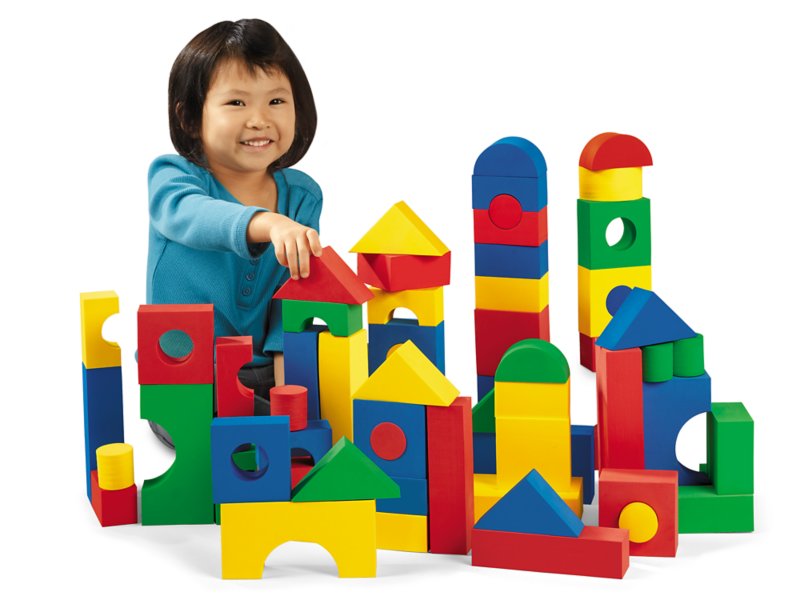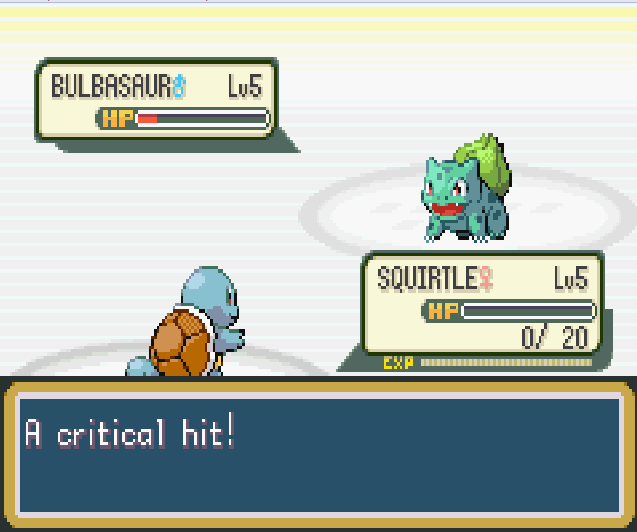Come here
my children, and let me instruct you on the lost art of criticizing with a
secret method passed down to me from the ancient monks of the narrative order.
But of
course you, my dear reader, you have no need for my obscure and outdated ways, after all; you were already born with the qualifications to assign the
most realistic and objective value to everything, i mean you are so beautiful
and special, OF COURSE you can do something as easy as giving an opinion...
right?
Criticizing
a work should be easy, right?
I mean, you
are such a smart and capable person that pointing out the bad parts of a story
should be a small task for your titanic brain matter, right? RIGHT? RIGHT???!
That’s the
thing, people have this tendency to believe that a critique is a simple matter
of “saying the stuff i think” but a good critique is a work of narrative into
itself, a way to expose the nature of a work in an orderly way meant to
increase people’s understanding of it and it’s no different from writing a good
description of a character, environment or scene.
The ability
to know a good critique is not only useful to make one but also to understand
how much value should we give to the criticism a work receives and thus form a
more educated idea of the work’s real value.
To approach
the subject is a good idea to get a clear image of what is NOT a good critique,
there are some basic types:
-The
emotional response.
-The "constructive criticism."
-The
generalization.
The first one
is obvious, a critique should be a methodical display of a work and the inclusion
of emotional points is fine as long as
one makes it clear it’s a declaration based on personal likes or dislikes,
but the emotional response should never be offered or taken as a real measure.
The second
type is more troublesome as plenty of people “just want to help,” and will give
praise just to be good, but pointless praise is as bad as pointless insults as
it can steer a work outside its intended development simply to please the
crowds that liked or –even worse- pretended to like a certain aspect of it.
 |
| "Lest you do more harm with open hands than with a clenched fist" |
As a reader a “positive
critique” takes the risk of overvaluing a part of a work that has not much real
value and sells a weak point as a strong
point, paving the way for the disappointment of new consumers.
And finally
the generalization, this sums up the problem with "bad" criticism as it can truly
be separated in Precise and Imprecise.
Only precise
criticism can be considered real, and it can further be separated in two
categories: technical and narrative.
Technical
is pretty self explanatory, the grammar of a story, the proportions of a comic,
the wardrobe of a TV series, when giving technical advice the only true
requisites are an understanding of the aspect one is talking about, and
precision, precision is king and good criticism is defined by its level of
precision.
Let’s say
for example that your car stops working and a friend offers to give it a
revision, he pokes the engine and comes up with a verdict: the engine is not
running properly.
That’s how
non-precise criticism sounds like, the most important aspect of criticism is
that because of its precision it can also be criticized, and technical advice
must touch precise points.
Don’t simply
say the grammar “is bad,” point at the words or sentences badly written.
Don’t simply
say the wardrobe of a period show “is wrong,” point at the real wardrobe used
in the period.
Don’t simply
say the flow of a comic “is clunky,” point at how certain panels delay or speed
up a narrative flow.
Don’t
simply say “something is off,“ tell us what is off and why or how much.
The most
precise a critique is the most weight we should give it, but to have precision
one should
have knowledge of the topic at hand and this is timely to obtain, no
wonder so many people simply give their two cents and go away.
Speaking of
“two cents.”
When one
gives a criticism we are also exposing ourselves to have our criticism
criticized, this is absolutely normal and a reaction to expect, and because of
this one should not dismiss our given criticism by saying “is just an opinion.”
If you are
willing to take the time to criticize something you must be ready to stand up
for it, if you are going to give an opinion and dismiss it later as “just my
humble opinion” then you are devaluing your own word and eliminating the
whole purpose of giving it in the first place.
Personally
i like it when an author makes it clear they don’t want to receive negative
criticism because it means they are not taking their work with that much weight
and the same applies with criticism, as long as its honest then personal
preferences, generalizations and other quirks are fine, but to give an opinion
and then dismiss it as a triviality is an admission of the pointlessness of the
whole thing.
The proper
answer is, of course, to give a good criticism, and this doesn’t mean a “positive”
criticism or a “constructive” one, but one that is properly made with precision and
understanding of the work and the media.
This is
another key aspect of a critique, if we are going to poke our noses into a work
then we must have a decent understanding of what kind of work it is and what is
trying to achieve, then give a critique based on how the work compares to
the ideal it’s trying to reach.
Let’s say
for example we are reading a romance and the two lead characters almost never interact,
then it would be reasonable to claim it’s a failure because the ending by force
of the genre would heavily involve their relationship.
But let’s
say we are reading a mystery or adventure and the two main characters never
interact, this can or cannot be a problem depending if the story requires them
to meet, but for most cases it would be a mistake to claim it as a failed work
because the two main characters don’t interact more.
Precision
and understanding, those are the two pillars of a critique.
 |
| The average critic'c mental image of themselves |
To be frank
most “critics” are a little snobbish and tend to criticize stuff based on their
“ideals” of what a work should be, but there are so many variants of works that
it if we see a work being judged by not reaching certain standards then we are
very likely in front of a snobbish critique.
A work can
be dismissed as “not serious” even if it’s a comedy, or dismissed as “juvenile”
even if it’s aimed towards young people, imagine a fairy tale being dismissed
as “childish” and you get the idea.
This is snobbery.
This is snobbery.
This of
course, can only be overlooked if the author is not pretending to reach those
high standards because they do exist people who claim to produce stuff above the
tier they make, snobbishness not always comes from critics but they certainly
are more prone to it because they rarely have to back up their claims.
The speed
of a story, the pacing, the environment, those and more are elements really
easy to understand if we just stop giving Our Mighty Opinion and focus on the stuff we have in front of us
instead of focusing on the stuff we wish we were consuming.
On the
other side admitting the tier of the stuff we make is a crucial part of
understanding criticisms, if we make a soft work and someone claims we are not
hard enough we can understand we are right or wrong.
If i make soft sci-fi and someone claims its soft then i shall naturally agree.
But if i make soft sci-fi and claim its hard sci-fi then i am in the wrong.
To recognize a work for what its trying to be, that is the first ability required to make a criticism.
For a
creator, to admit we are creating pop stuff is a valuable skill, for a critic
the equivalent is to recognize not everyone is aiming to create the Most Epic
Serious Drama Of All Times.
 |
| "Just another small project, like usual" |
Ok, after
observing the bads of criticism lets go for the goods.
A good critique
is hard to make because it requires us to consume as much of the product as we
can stomach, this means works “on the works” can often only be criticized by
people very willing to put up the work, by those who are used to the flaws of
amateur products or by people who don’t mind the flaws of a genre they are comfortable
with, but it takes effort.
To make a
critique we must first be clear on how much of the work we have consumed and
display the interactions that we find reasonable or not, and explain why it is that way.
Think of a story as a series of causes and effects under the weight of the type of
story we are consuming.
In a hard sci-fi
the technology will have a big narrative weight, but in a drama or comedy there
will be acceptable breaks on how much machinery is understood by the author and
explained to the audience.
In a romance the weight of feelings will be big, but in an adventure novel the ability to act despite the weight of feelings would be more important.
We must identify which elements have more weight for the type of story we are consuming.
The heavy
part is to understand how the elements of the story interact, and where do those
interactions become too heavy or too light on the progression of the story.
We have to understand the elements, and convey
their interactions with precision.
This is the
essence of a critique, to separate the
elements of a story and analyze them in contrast with the whole.
 |
| Yes, the fractured becomes the whole, that's the point... yes, it is... |
For this we
must understand the whole and the separate elements, i guess we could call it “Reverse
Storytelling,” an activity of taking a story and un-process it until we can see
the bare bones of the structure and the way it develops.
I said “Analyze
them in contrast to the whole,” this is a very important point because plenty
of people analyzes elements of stories based on personal likes and dislikes
that often clash with the narrative of a story simply because is not the real
world.
Yeah, sure,
slavery is wrong, but it’s legal in this story so we stick to that as base
morality.
Yeah, sure,
this character is a total dick and other people enable him to be, the struggle
comes from facing those circumstances so it’s pointless to criticize the character
that is a product of an environment that was made to produce it.
Yeah, sure,
cheating is bad but the point is how this affects the characters around it.
Do not criticize an element for being there,
criticize it for not matching with the causes and effects of the story.
But of
course, if the element does conform to the inner logic of the story then there
is nothing to criticize.
We can
stick to the idea that a criticism should aim to properly measure the elements
of a story, and the relationship of causes
and effects those elements generate.
If the
cause and effect don’t line up we say it, and we try to specify how much those
causes and effects deviate from the
logic used on the rest of the work, just with this we can make a top tier
critique.
Yeah, sure,
a bunch of grenades may not be able to explode the door of a bunker but it’s an
action story and looking for a realistic way to open an armored door would take
too much time and we are in the middle of the action.
Yeah, sure,
if a random person approaches you and tells you how beautiful you are you will scream
for help because a creep is stalking you, but this is a romance novel and we
assume the stalker is a really pretty person...
Yeah, sure,
it’s the tenth dissertation about the nature of existence but this is a very
convoluted novel of psychological drama for people who really like their existential
shenanigans overly explained.
Yeah sure,
the main character is again generating overly complicated math to understand
the system of the world he lives in, but it’s a LitRPG story and the guy is a
total nerd, what were you expecting?
I could go
on but from here it would simply be an exercise of circular logic, now that you
know what a critique should be you should be able to gauge how close or how far
they are to a proper critique and that is something only improved with practice,
but i guess a final tidbit of advice can be given.
There is
another way of making a criticism and is based on comparing a story with what
it could be, this is trickier to do because it’s easier to lose ourselves in
arguments based not on a story, but in other similar ones.
I mean,
comparisons are infinite, therefore, where should we start or stop?
For this i
can only say: add or take as little as possible.
When using
comparisons or suggestions on how to improve a story we must limit ourselves to
the same building blocks of the work we are analyzing, otherwise it loses any
meaning because again, comparisons are infinite.
 |
| The below average critic adding unrelated building blocks |
We do not criticize a story for not using the
same elements as another, we criticize it for not using its own elements
effectively.
We don't say:
“Harry Potter would be improved greatly if one of the horcruxes had the same powers as the One Ring.”
“Harry Potter would be improved greatly if one of the horcruxes had the same powers as the One Ring.”
Instead we
can say:
“Voldemort
should have left his horcruxes among muggles who had no way of defending
themselves against their possession.”
We don’t
say:
“The new
Star Wars sequels would have been better if the main character could develop
the ability to duplicate herself like an X-Men.”
Instead we
say:
“The new
Star Wars sequels would have been better if the main character required as much
training as any of the previous two main characters, because it allows for
smaller stuff to become challenging and gives it scale when a big challenge is
overcome.”
have to take my word for this.
A little recap:
-Identify what kind of story its trying to be.
-Measure how close or far it is to that desired goal.
-Measure which inner elements get the story closer or away from that desired goal.
-If you are comparing it to another story then add as little foreign elements as possible
Sayonara.





No comments:
Post a Comment